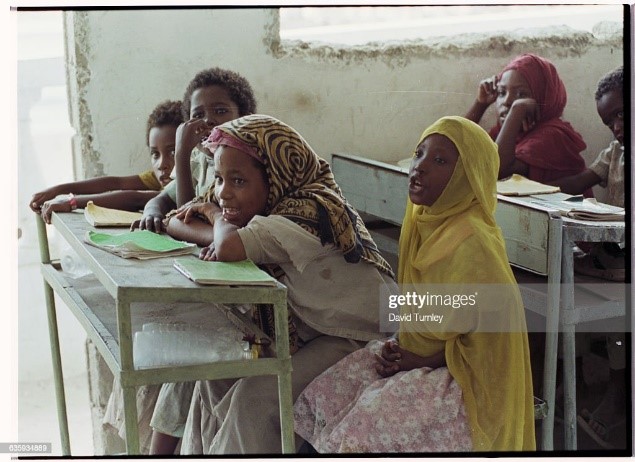As civil society organization, we work in social accountability processes that follow up on the equality generating effect and on the effectiveness of public education policies.
The value of the knowledge, analysis and voice that our organization can mobilize in representation of marginalized groups should not be underestimated.
We act as a watchdog for the implementation of international convention: Such as the Convention on the Rights of Persons with Disabilities, the International Covenant on Economic and Cultural Rights, and the Convention on the Elimination of All Forms of Discrimination against Women and other ratified conventions that oblige the respective government to take measures to assure the right to education for all without any kind of discrimination.

Closing the gap
Unfortunately, there is a huge gap between the Dire Dawa administration´ to provide free and quality education and the reality of ensuring such quality education for all. So DDA works in the education sector to narrow the gap.
Working on excluded from education
It is particularly poor and marginalized groups that are denied quality education, such as children whose families live in poverty; girls due to gender discrimination; ethnic or linguistic minorities; children with disabilities or those who are forced to work. The situation in many countries demonstrates that many children and adolescents at the age of being in secondary school have not come further than primary school, and the % of secondary school age population in school is in general very low. There are many causes for this, such as lack of trained teachers, inadequate learning materials, poor school facilities or the lack of social policies for the poorest families, which means that children risk meeting up in school sick, tired from child labor or hungry, which impede them to pay attention in class and to actually learn.
contribute to the education sector
When we are participating as a society in policy dialogues, we have the possibility to receive information about the advances and shortcomings in the implementation of the education policies. We might also have the possibility to raise concerns related to the impact of the policies on the marginalized groups´ education situation in the administration. We are particularly important when we are representation of the marginalized groups in their own organizations and can talk on their behalf. We can contribute with valuable information and arguments for shaping the education policies in favour of the poorest and most marginalised population groups. We can also advocate for monitoring that the learning goes beyond traditional reading and writing skills and to promote that the children and adolescents are also taught diverse life skills, such as communication, problem-solving, critical thinking and reflection. We often have closer contacts with communities, and they can be the bridge so that student, parent or teacher concerns about the quality of education services reach policy makers. We are also well placed to generate data and evidence through data collection from communities and analysis, research and evaluation activities in their respective countries and at the regional and global level. We also participate in school construction, materials support, teachers training and in other similar activities in order to upgrade the quality of education.
Dire dawa development (DDDA) is a non-profit, membership-based local NGO established in 1993 with a mission to contribute towards the socio-economic development effort of the region
Please Donate Via Commercial Bank of Ethiopia, Dire Dawa branch account number: 1000483015128
BAN/Swift code: CBETETAA